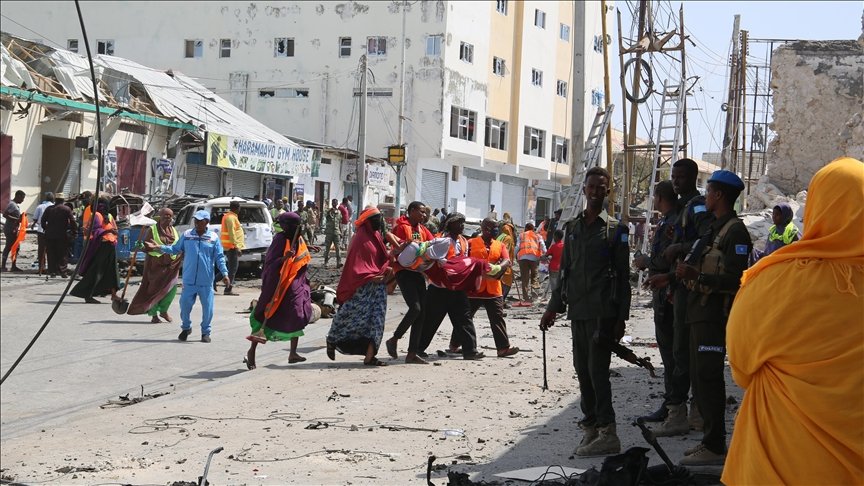Rising Femicide Protests
The recent surge in femicide in Somalia, marked by the brutal killings of three women within a week, has ignited widespread protests and demands for justice. The victims, including two pregnant women, were allegedly murdered by their husbands, leading to outrage and calls for action.
Incidents and Suspects:
- Lul Abdi Aziz Jazira:
- Jazira, a 28-year-old widow with six children, was lit on fire after a ferocious argument with her second husband.
- Despite serious burns, she endured suffering for seven days before succumbing to her injuries.
- Her husband, Saleban Haji Abdi, fled to a region with intense fighting, making his capture challenging.
- Fus Mahfud Mohamed:
- Mahfud Mohamed, aged 22, was fatally stabbed by her husband, Saleban Haji Abdi, on February 3.
- Disagreements between the couple, previously resolved through traditional Somali customary law (xeer), escalated, leading to the tragic incident.
- Third Victim:
- A woman in Lower Shabelle, southern Somalia, was shot by her husband, with her identity remaining unknown.
 Protests and Calls for Justice:
Protests and Calls for Justice:
- Mogadishu Protest:
- Protesters in Mogadishu demonstrated against femicide, holding placards with images of Lul Abdi Aziz Jazira.
- Maryam Taqal Huseina, chair of the Somali Women Development Center, emphasized that protests would continue until justice is served for the three women.
- Root Causes:
- Huseina highlighted the prevalence of societal acceptance of violence against women, including marital abuse, and the need for change.
Challenges and Government Response:
- Challenges in Capture:
- The suspect, Saleban Haji Abdi, was eventually apprehended in the southern Qoryoley district after fleeing to a conflict-ridden area.
- Challenges in capturing him were attributed to the region’s extreme insecurity.
- Government Inaction:
- Concerns were raised about the government’s inadequate response, with no specific legislation against domestic abuse in Somalia.
- Despite promises for financial assistance to Jazira’s children, there are calls for more comprehensive measures and legal reforms.
Social Media and New Forms of Abuse:
- Social Media Impact:
- The emergence of social media has exacerbated new forms of abuse, including the recording and distribution of violent acts against women.
Legal Framework:
- Lack of Legislation:
- Somalia lacks specific legislation against domestic abuse.
- A comprehensive sexual offenses measure supported by the UN in 2018 is yet to be passed by the parliament.
Conclusion:
The femicide protests in Somalia underscore the urgent need for systemic change and legal reforms to address domestic violence. The international community is urged to support efforts to bring justice to the victims and create a safer environment for women in Somalia.


















